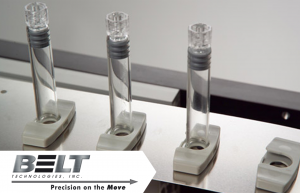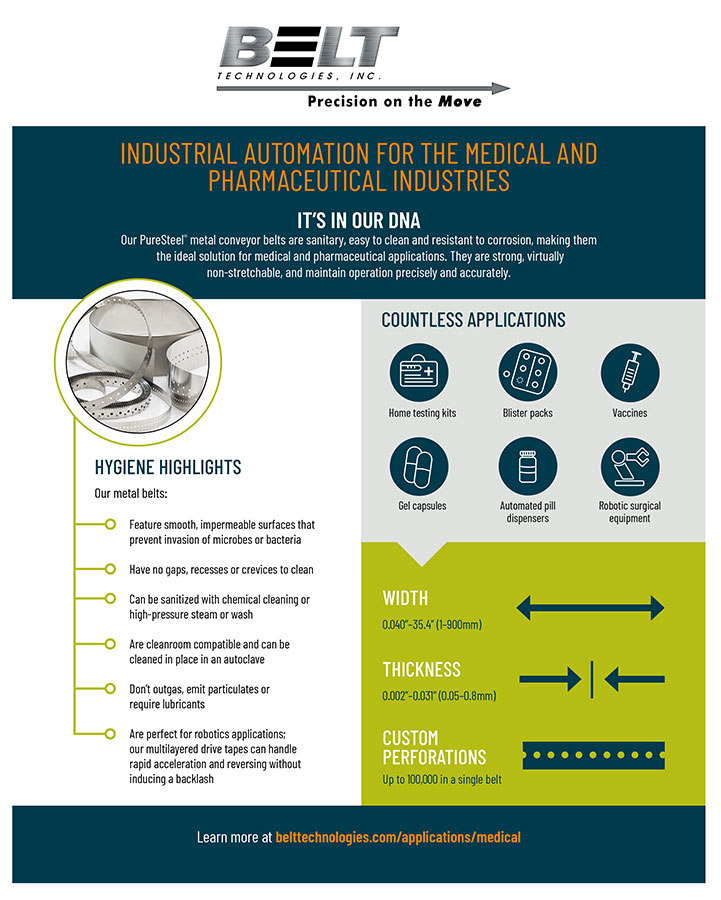 Lending a Hand to a Growing Profession
Lending a Hand to a Growing Profession
Demands during World War II necessitated the creation of a new profession: surgical technologist. Charged with the preparation of operating rooms, surgical technologists sterilize equipment and help surgeons and patients before, during and after procedures. Forty-four years later, the third week in September was proclaimed Surgical Technologists Week by the Association of Surgical Technologists Board of Directors to acknowledge the important role these individuals play. Through this blog, we shine light on the profession, the observation, and the role our parts play in the medical industry.
A Growing Profession
The U.S. Bureau of Labor Statistics reports over 100,000 surgical technologists in the field today. With an aging population and projected increased need for surgery, the profession is expected to grow exponentially—faster than the average of all other occupations through the year 2028.
This growing need for surgical care comes with a corresponding need for surgical instruments, and our company capably lends a hand to medical manufacturers.
Manufacturing Rx
Microbes and bacteria are no match for stainless steel. The smooth, impermeable surface of our belts make them an ideal solution for companies producing sterile equipment like test kits or equipment for the medical industry.
When surgical technicians prepare an operating room, they must do so ensuring that everything in it—including the surgeon, the patient, and instruments to be used to perform the procedure—are sterile. When our belts and conveyor systems are used in the production of such instruments, they contribute to the necessary sterility and help to mitigate the spread of germs.
Sterile. Stat.
To maintain health and safety standards, medical devices are understandably heavily regulated. Our products make the grade. Resistant to corrosion, they can withstand rigorous and frequent cleaning. This makes our metal belts an ideal, long-lasting and sterile solution to transport the equipment and pharmaceutical products being manufactured.
If a particularly small or intricate part is being produced, our engineers may suggest custom belt perforations or added coatings to safely house and carry them.
No Complications
If you’re interested in learning more about our company or products, we’d welcome the opportunity to speak with you over the phone. Or, if you’re looking for a second opinion, read some real-life case studies from customers in the medical industry.



